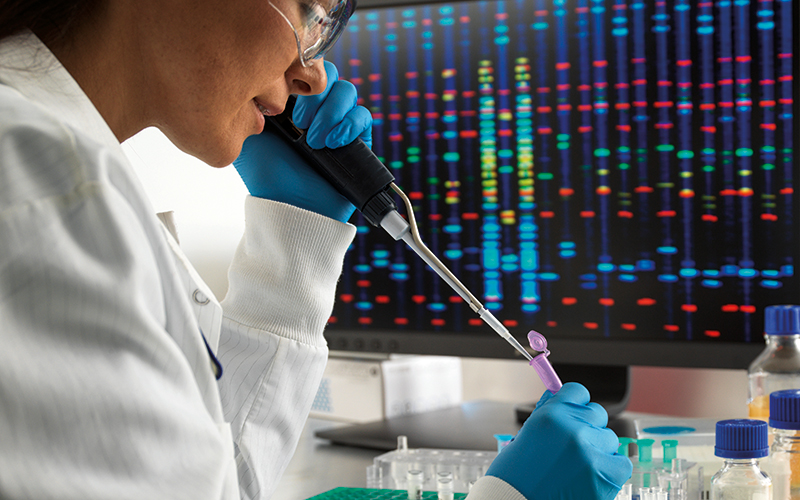A commonly used scientific method to analyse a tiny amount of DNA in early human embryos fails to accurately reflect gene edits, according to new research led by scientists at Oregon Health and Science University.

The study involved sequencing the genomes of early human embryos that had undergone genome editing using the gene-editing tool CRISPR.
The work calls into question the accuracy of a DNA-reading procedure that relies on amplifying a small amount of DNA for purposes of genetic testing.
In addition, the study reveals that gene editing to correct disease-causing mutations in early human embryos can also lead to unintended and potentially harmful changes in the genome.

Together, the findings raise a new scientific basis for caution for any scientist who may be poised to use genetically edited embryos to establish pregnancies. Although gene-editing technologies hold promise in preventing and treating debilitating inherited diseases, the authors say the new study reveals limitations that must be overcome before gene editing to establish a pregnancy can be deemed safe or effective.
“It tells you how little we know about editing the genome, and particularly how cells respond to the DNA damage that CRISPR induces,” said senior author Shoukhrat Mitalipov.
“Gene repair has great potential, but these new results show that we have a lot of work to do.”
Image credit | Science-Photo-Library| iStock



